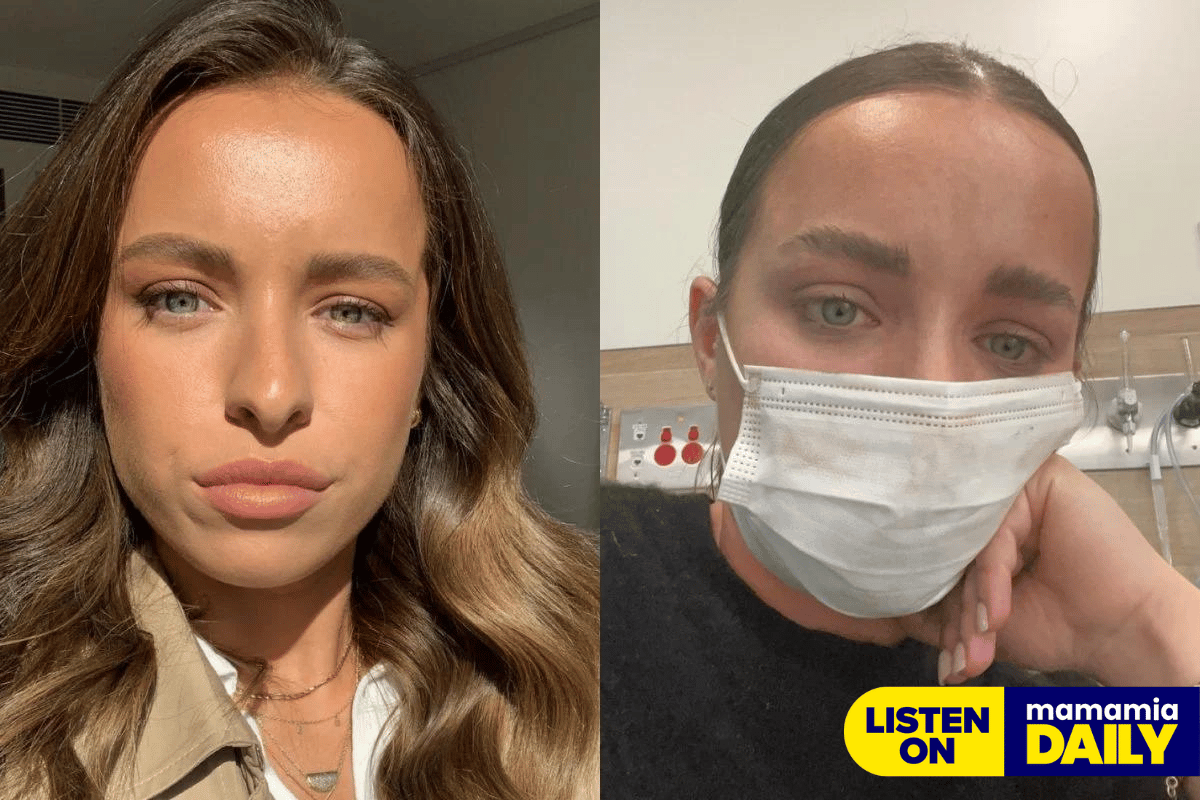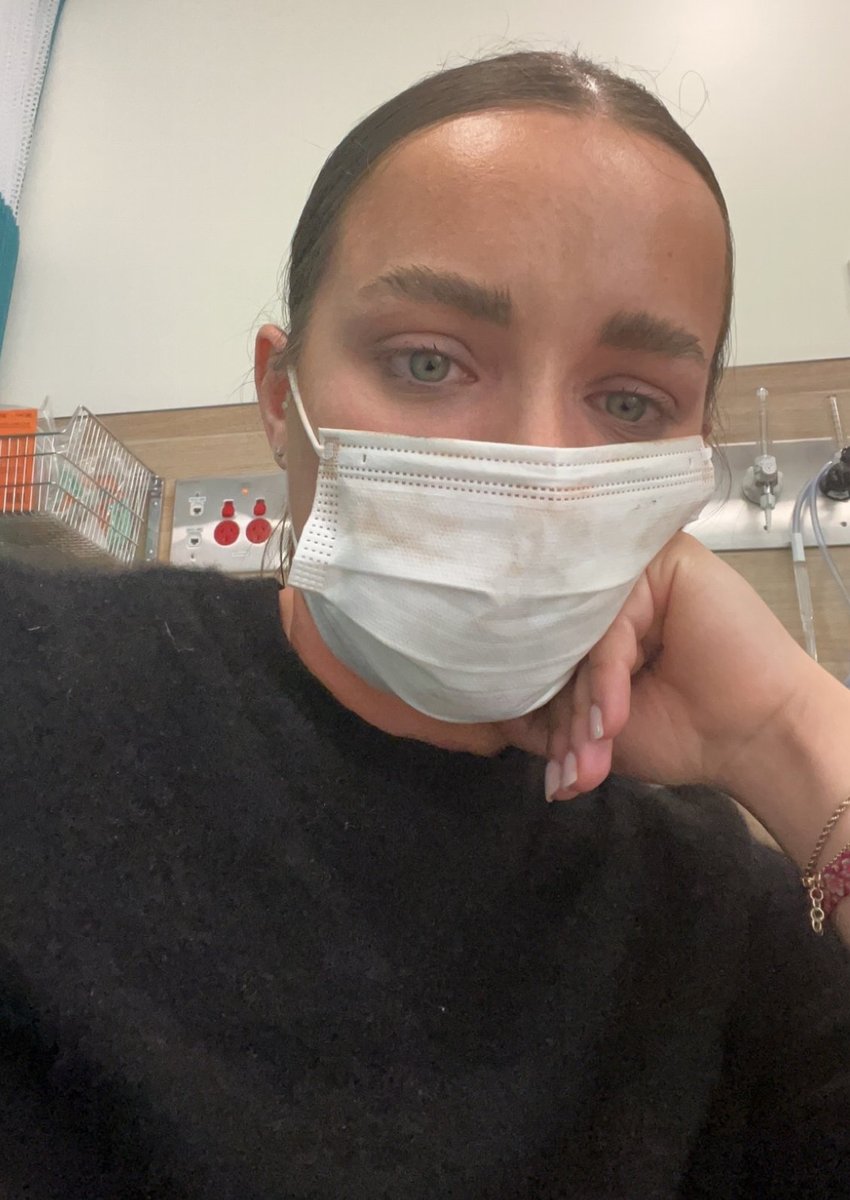
Listen to this story being read by Charlotte Begg, here.
Last week, I had my first allergic reaction to peanuts in years. I had forgotten just how terrifying they can be.
I had returned from a morning media event and sat down at my desk to get stuck into my breakfast - starving, I'd grabbed a yoghurt bowl with muesli on the way out.
Muesli doesn't usually have peanuts in it, and I always ask before ordering some just to double check. Of course, I didn't this time, and this one did. I ate the peanut on my first bite.
I have only recently returned from an overseas trip, and my EpiPen was sitting in my travel bag at the time of the incident - something I'm still kicking myself for.
Not knowing how bad this reaction would get and not wanting to make a fuss with my colleagues in meetings, I flagged down a taxi and told him the driver get me to Emergency, stat.
My throat was tightening, and breathing was becoming more and more difficult.
When I got to Emergency, the nurses rushed me onto a bed and gave me adrenaline.
That sorted the throat closing over part, but then came the next symptoms - uncontrollable shaking, nausea and itchiness - and the following day, I was bedridden.
That's just one time it's happened, and that wasn't the worst.


Top Comments